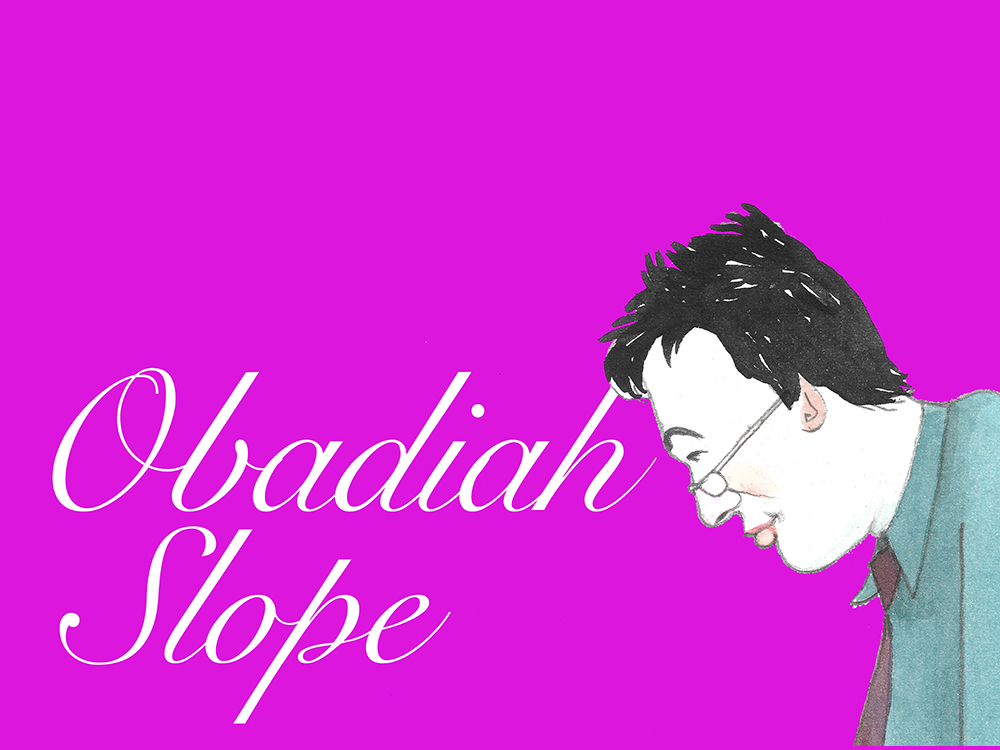An Obadiah Slope column
Boomer guilt: The disputes about LGBTIQA in churches might be a case of choosing to have an “easy fight,” says Will Wilemon, a retired Bishop in the United Methodist Church, which has lost its evangelical wing and 22 per cent of its US-based churches over same-sex marriages and gay clergy. As the split starts to affect the overseas members of the 12m worldwide denomination, those leaving could be a majority.
Wilemon manages to be on the side of those staying in the church but extremely critical of progressives who put their favoured causes at the top of the church agenda. So what fight could be more desperate or more challenging than the church splitting over same-sex marriage? Willemon says the LGBTQIA stoush is easier than his church facing up to the fact it has failed to reach two generations and is aging out.
He told “Crackers and Grapejuice,” a highly eclectic podcast, that the tide has gone out in this church and that it is his generation’s fault – boomer guilt. He believes progressives and traditionalists loved their cherished causes more than the church. In attacking both sides of the debate, he says, “The times are so urgent we have to talk about Jesus Christ.”
Obadiah sees Willemon as a relatively conservative progressive willing to admit his church is in big trouble and aging out. He’s against the progressive mindset that says, “Let those hateful conservatives go, People who get up in the morning and pray ‘Thank God I am not like those homophobic sinners.”’ He sees many more dynamic churches in his denomination, leaving as evangelicals depart. But as Obadiah sees it, they are going because their church is devaluing Scripture.
For progressive churches, an agenda that closely resembles an ordinary liberal/progressive one does not give a good enough reason to go to church, as author David Rietveld pointed out in the discussion after his book launch for “Being Christian after Christendom.”
###
Radical Adelaide: A mass Christian rally filled the public gallery of the Adelaide Town Hall this week to protest Lord Mayor Jane Lomax Smith giving the council prayer the silent treatment. Lomax Smith has stopped the prayer being read aloud at the start of council meetings, Adelaide’s Indaily reports. Instead, councillors are asked to “read the prayer as printed or reflect in a manner appropriate to their beliefs on these issues”.
Channel 7 revealed that the Australian Christian Lobby was behind a mass letter-writing campaign protest against silencing the prayer.
South Ward councillor Henry Davis has been protesting since the change was made in April. At a June meeting, he stood up and read the prayer aloud. In July, he was silent – the Lord Mayor combined the (un)prayer time with the council’s time to remember military veterans, a tactic that silenced Davis.
But this week, with a gallery packed with Christians, he read the prayer aloud. “Almighty God, we ask your blessing upon the works of the City of Adelaide; direct and prosper its deliberations to the advancement of your glory and the true welfare of the people of this City. Amen.”
Councillor Davis was ordered to leave the chamber for five minutes. He complied, and so did his backers noisily leaving the gallery, which increased the disruption, according to Indaily.
Obadiah suspects that both sides of this dispute are being performative, literally playing to the gallery. It’s a classic case of one of the two visions for Christianity, reflected by two different Conferences, Undeceptuons and Church and State, The Other Cheek reported on this week. Is it fair to say it demonstrates Church and State’s aim to “carefully steward political influence?”
Round four of this stoush next month.
###
Get out the red pen time: Grammarly, the software used by The Other Cheek, advises when “stigmatising language” is used. Obadiah wrote on Ephesians 6:5-9 for a church assignment where Paul discusses slaves and masters. Where Obadiah wrote “slaves,” the suggestion was “enslaved people”. The aim was to acknowledge the humanity of the people involved. Obadiah likes to use language such as “people experiencing autism,” but he is unsure that referring to Roman slaves that way would help.

